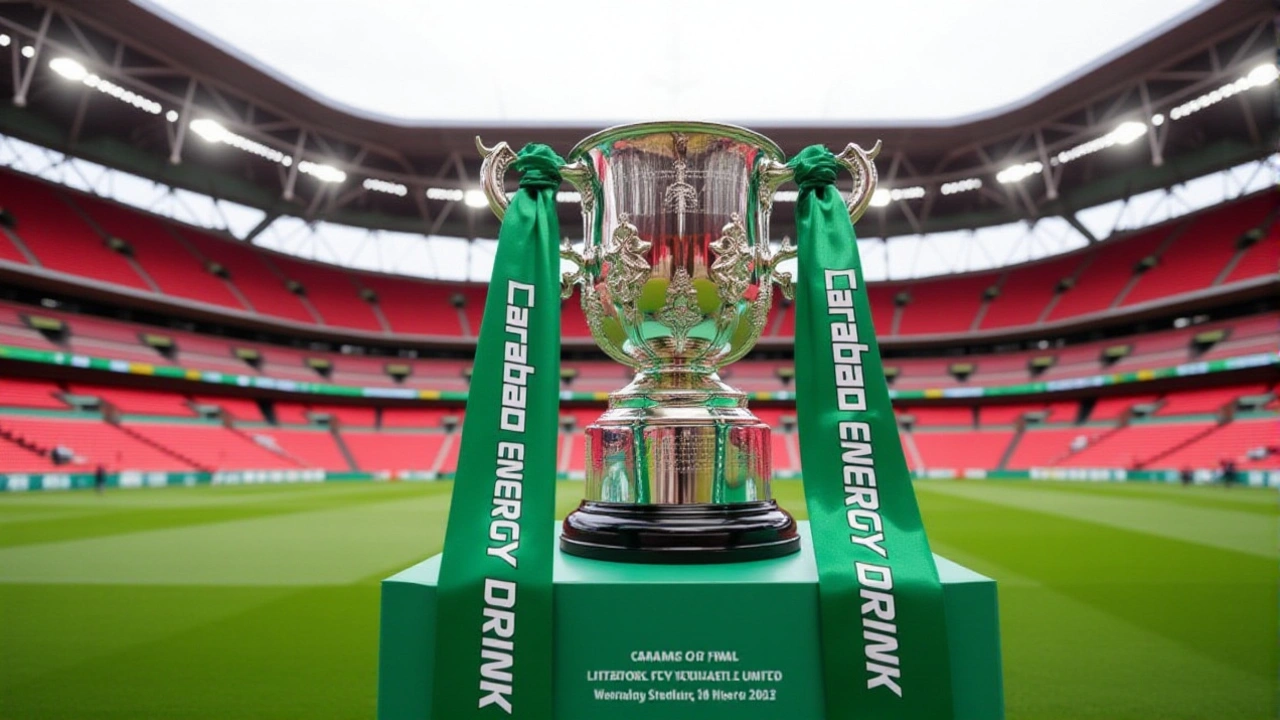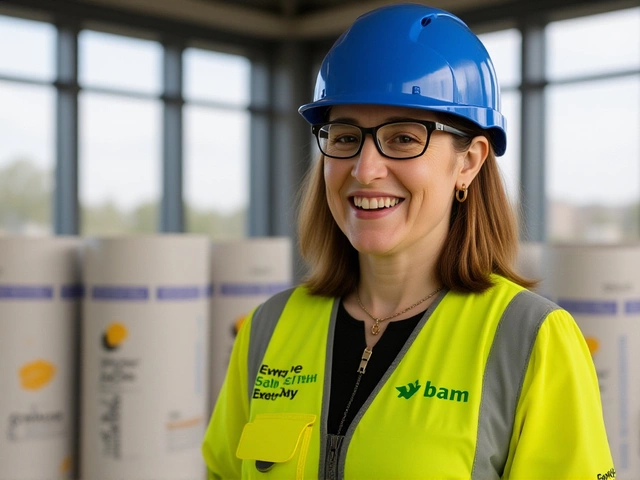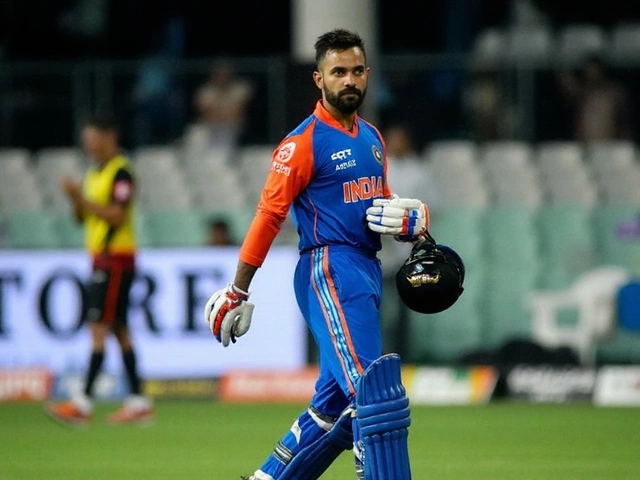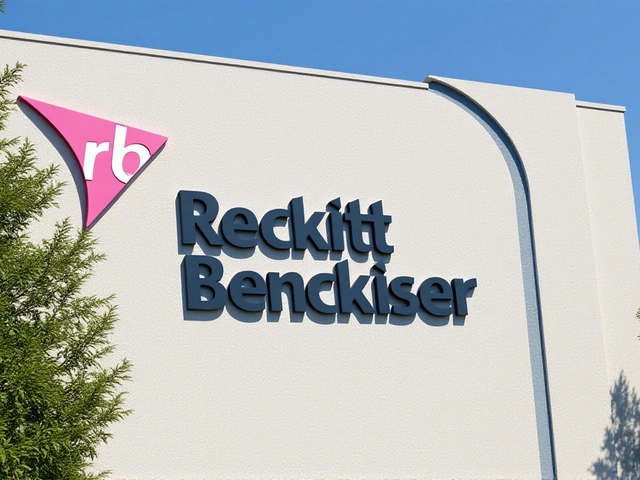The English Football League has officially overhauled the Carabao Cup for the 2025/26 season, introducing a four-team preliminary round that will immediately reshape how lower-league clubs enter the competition. Announced on June 12, 2025, from its headquarters at EFL House in Preston, Lancashire, the move is designed to ease fixture congestion and streamline the early stages of England’s oldest domestic cup competition. The change comes just weeks after Newcastle United Football Club lifted the trophy, defeating Liverpool Football Club 2-1 in the 2024/25 final at Wembley Stadium in London. This isn’t just a tweak—it’s the most significant structural shift since the tournament began in 1960.
Why the change? Fixture chaos and fairness
Here’s the thing: the Premier League’s 38-match season, combined with international breaks, European campaigns, and FA Cup commitments, has turned the calendar into a minefield. For decades, all 92 clubs from the Premier League and EFL divisions entered the Carabao Cup at the same time—meaning Championship, League One, and League Two teams faced top-flight giants in Round One. That’s thrilling for fans, sure. But for smaller clubs, it often meant playing a Premier League side within days of a grueling 90-minute match in League Two, with little time to recover, rotate, or even train properly.
The new preliminary round solves this by filtering out the four lowest-ranked clubs from last season’s League Two standings. They’ll play a single-elimination mini-tournament during the week beginning August 4, 2025. Only the winner advances to Round One, where they’ll join the remaining 88 clubs. That means 13 Premier League teams not in Europe (those finishing 9th to 20th) and 70 EFL clubs now enter in Round One instead of 92. It’s not about excluding anyone—it’s about giving lower-league teams a fighting chance.
The schedule: Tight, but clear
The EFL released a precise timeline that leaves no room for ambiguity:
- Preliminary Round: Week beginning August 4, 2025
- Round One: Week beginning August 11, 2025
- Round Two: Week beginning August 25, 2025
- Round Three: Split across weeks beginning September 15 and September 22, 2025
All matches are scheduled for Tuesday and Wednesday evenings, following the traditional pattern. The draw for the preliminary round will happen on July 26, 2025, at EFL House in Preston. No changes were made to broadcast rights—Sky Sports retains exclusive UK coverage, and the Carabao Energy Drink sponsorship, worth £100 million through 2026/27, remains untouched. The Thai-based beverage company, headquartered in Bangkok, has been the title sponsor since 2017 and showed no interest in altering its commitment.
Who benefits—and who’s affected?
Let’s be clear: this isn’t a reduction in opportunity. It’s a reorganization. All 92 clubs still get a shot. But now, the four lowest-ranked League Two sides (likely clubs like Grimsby Town, Morecambe, Tranmere Rovers, or Barrow) must win one extra match just to reach the main draw. That’s a tough ask, but it also means the other 68 EFL clubs won’t face Premier League giants in the opening round unless they’ve already progressed. For clubs like Newcastle United, who now enter in Round One, it means fewer early upsets and more predictable progression.
And here’s the kicker: the winner still qualifies for the 2026–27 UEFA Conference League play-off round. That prize hasn’t changed. For a League One side, reaching the final could mean €10 million in UEFA revenue and a shot at European football—something that could transform their entire club. The stakes are still massive.
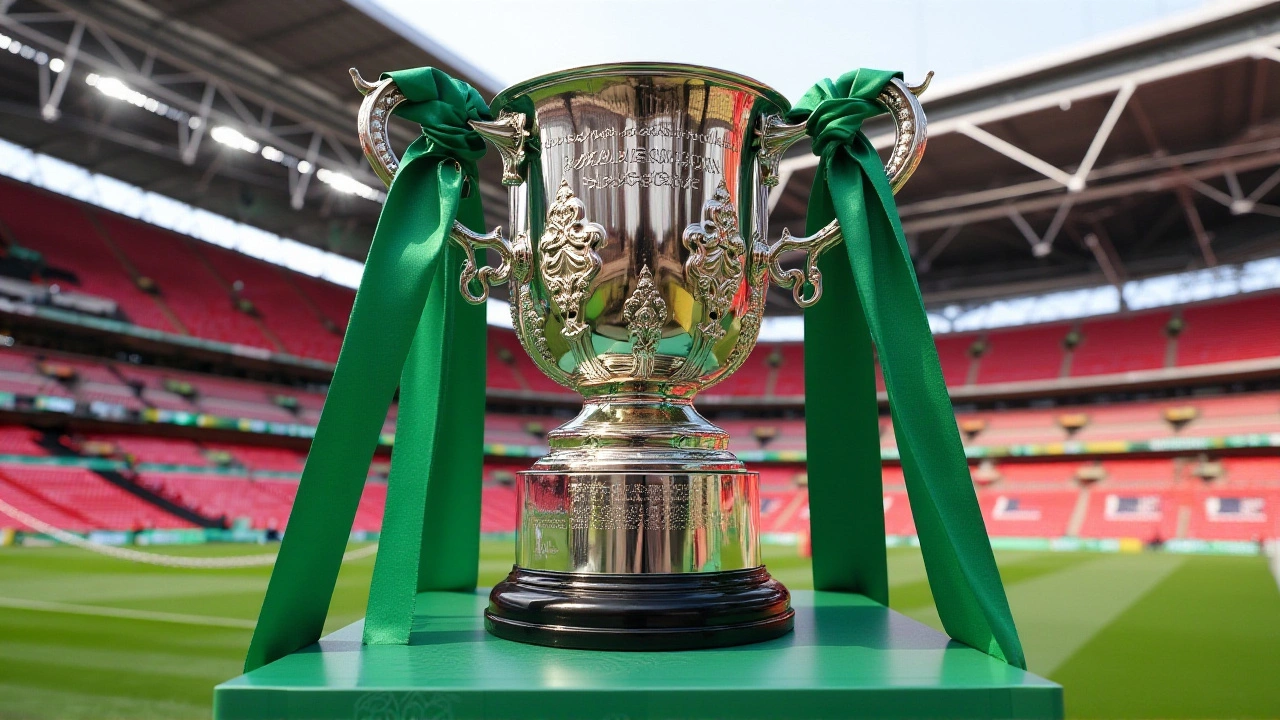
What this means for fans and clubs
For fans of smaller clubs, this is bittersweet. The dream of a giant-killing in Round One is now harder to come by. But for the majority of EFL teams, it means more breathing room. More time to prepare. Fewer injuries from back-to-back matches against elite opposition. It’s a practical adjustment, not a power grab.
Historically, the Carabao Cup has been a breeding ground for surprises—think Leicester City winning in 2021, or Swansea City in 2013. But those upsets often came at the cost of player welfare. Now, the EFL is prioritizing sustainability over spectacle. That’s not a bad thing. It’s responsible.
The 66th edition of the competition will be the first to reflect this new reality. And while some purists will grumble, the reality is simple: football is more demanding than ever. The EFL didn’t remove access—it refined it.
What’s next?
The draw on July 26 will be the first real moment of tension. Who gets the lucky break? Which League Two side will survive the preliminary gauntlet? And will a lower-league club make it all the way to the final again? The answer to those questions will unfold over the next few months.
One thing’s certain: the Carabao Cup isn’t dying. It’s evolving. And with Newcastle United still holding the trophy, the pressure is on to defend it—this time, under a brand-new system.
Frequently Asked Questions
How does the new preliminary round work?
The four lowest-ranked teams from the 2024/25 League Two table enter a single-elimination mini-tournament during the week of August 4, 2025. Only the winner advances to Round One, joining the other 88 clubs. This reduces the number of teams entering Round One from 92 to 88, easing fixture congestion for lower-league clubs.
Which Premier League teams enter in Round One?
The 13 Premier League clubs that did not qualify for UEFA competitions in 2024/25—those finishing between 9th and 20th—enter directly in Round One. The top eight Premier League teams (those in Champions League or Europa League) get a bye until Round Three, preserving their energy for European campaigns.
Does this change the prize for winning the Carabao Cup?
No. The winner still qualifies for the play-off round of the 2026–27 UEFA Conference League. That remains unchanged, meaning a lower-league club reaching the final could still earn over €10 million in UEFA revenue and a shot at European football—a life-changing opportunity for smaller clubs.
Why was this change made now?
The EFL cited increasing fixture congestion due to expanded Premier League schedules, international breaks, and the return of European competitions. The 2024/25 season saw several EFL clubs complain about player fatigue and scheduling conflicts. The preliminary round is a direct response to those concerns, designed to protect player welfare without reducing participation.
Will this affect broadcast deals or sponsorship?
No. Sky Sports retains exclusive UK rights, and the £100 million title sponsorship deal with Carabao Energy Drink runs through 2026/27. The format change was purely structural, with no financial or media adjustments made.
Is this a permanent change?
The EFL has not labeled it as permanent, but given the positive feedback from clubs and the logistical benefits, it’s expected to remain for the foreseeable future. Any future changes would require approval from the EFL’s Board of Directors and consultation with member clubs.
